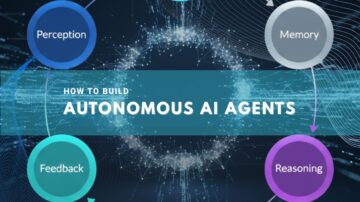
Claude AI Conversational Assistant Built on Constitutional AI
Tag: Claude
Claude is a family of large language models developed by Anthropic Uses Constitutional AI to Ensure Safe, an AI safety startup founded in 2021 by former OpenAI researchers. Positioned as a conversational assistant Built, Claude can draft documents, answer questions, write code, solve math problems, and perform multi-turn reasoning across a wide range of professional and creative domains.
Constitutional AI is the core training methodology that distinguishes Claude from earlier chatbots. Instead of relying solely on human feedback to rank answers, the model is first given an explicit written “constitution” that encodes principles such as “choose the response that is more helpful, honest, and harmless.” Claude then critiques and revises its own outputs against these principles, creating a self-supervised loop that scales oversight and reduces toxic or biased replies.
Safety benchmarks show Claude generating fewer offensive, deceptive, or privacy-violating answers than comparable models. Anthropic publishes periodic safety cards that disclose failure rates, red-teaming results, and mitigation steps, inviting external scrutiny uncommon in the industry. The company also limits deployment velocity, preferring staged rollouts with trusted partners before wide release.
Claude is accessible through a web chat interface, an API, and integrations inside products such as Notion, Quora’s Poe, and DuckDuckGo’s DuckAssist. Business customers can fine-tune the model on proprietary data while retaining encryption keys, aiming to satisfy compliance requirements in finance, health, and legal sectors. Usage is metered by token count and subject to rate limits that scale with subscription tier.
Future development targets multimodal understanding, longer context windows—already tested at 100 000 tokens—and more robust alignment techniques. Anthropic frames Claude not as a singular product but as a stepping-stone toward steerable, transparent AI systems whose goals remain aligned with human values even as capabilities grow.
